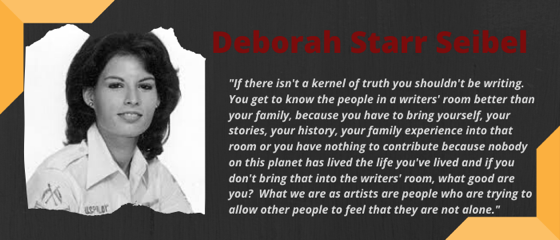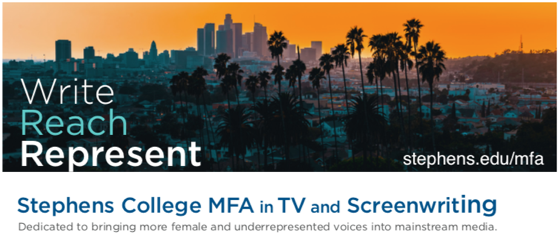Watch this entire presentation
Subscribe to Rosanne’s Channel and receive notice of each new video!
In honor of Halloween – and in service to my teaching philosophy —
“Words Matter. Writers Matter. Women Writers Matter.”
I presented this holiday lecture “When Women Write Horror” on Tuesday, October 29th, 2019. Researching the many, many women who have written horror stories – in novels, films and television – brought new names to my attention who I am excited to start reading. I hope you will be, too!
Transcript:
We also have difficulty finding African-American successes in the past because those aren’t the stories that were passed forward. When we think about female writers who were African Americans Phyllis Wheatley is who we hear about in this time period right in this earlier time period excuse me. And then we Pauline Hopkins who was publishing ghost stories. She was an African-American woman in the period publishing in the Colored American magazine right? So this is an outlet for writers back in the day and she was publishing all kinds of stories that had to do with the ghosts of slavery. So she’s talking about a real piece of history and essentially what she’s doing is discussing PTSD without giving it that terminology that we’ve given it today. When you think about being haunted by the past — that’s a ghost story and this is what she was doing in the 1880s right? So just 20 years really 15 years past the end of slavery. So she’s a pretty cool person.
Podcast: Play in new window | Download
Subscribe: RSS
![07 African-American Writers In History from When Women Write Horror with Dr. Rosanne Welch [Video] (53 seconds)](https://rosannewelch.com/wp-content/uploads/2020/04/rmw-cpp-horror-07.jpeg)
![05 Do You Know Who Wrote Your Favorite Films? from Why Researching Screenwriters (has Always) Mattered [Video] (51 seconds)](https://rosannewelch.com/wp-content/uploads/2020/04/rmw-sao-paolo-05.jpeg)
![06 LGBTQ Writers In History from When Women Write Horror with Dr. Rosanne Welch [Video] (1 minute 8 seconds)](https://rosannewelch.com/wp-content/uploads/2020/04/rmw-cpp-horror-06.jpeg)
![04 Writers Matter. Women Writers Matter from Why Researching Screenwriters (has Always) Mattered [Video] (1 minute 5 seconds)](https://rosannewelch.com/wp-content/uploads/2020/04/rmw-sao-paolo-04.jpeg)
![05 Amelia Edwards from When Women Write Horror with Dr. Rosanne Welch [Video] (1 minute 7 seconds)](https://rosannewelch.com/wp-content/uploads/2020/04/rmw-cpp-horror-05.jpeg)
![03 About Stephens College MFA from Why Researching Screenwriters (has Always) Mattered [Video] (34 seconds)](https://rosannewelch.com/wp-content/uploads/2020/03/rmw-sao-paolo-03.jpeg)



![04 Elizabeth Gaskell and the Salem Witch Trials from When Women Write Horror with Dr. Rosanne Welch [Video] (1 minute 15 seconds)](https://rosannewelch.com/wp-content/uploads/2020/03/rmw-cpp-horror-04.jpeg)
![02 About Dr. Rosanne Welch from Why Researching Screenwriters (has Always) Mattered – Dr. Rosanne Welch [Video] (1 minute 12 seconds)](https://rosannewelch.com/wp-content/uploads/2020/03/rmw-sao-paolo-02.jpeg)
![03 Elizabeth Gaskell from When Women Write Horror with Dr. Rosanne Welch [Video] (1 minute 3 seconds)](https://rosannewelch.com/wp-content/uploads/2020/03/rmw-cpp-horror-03.jpeg)